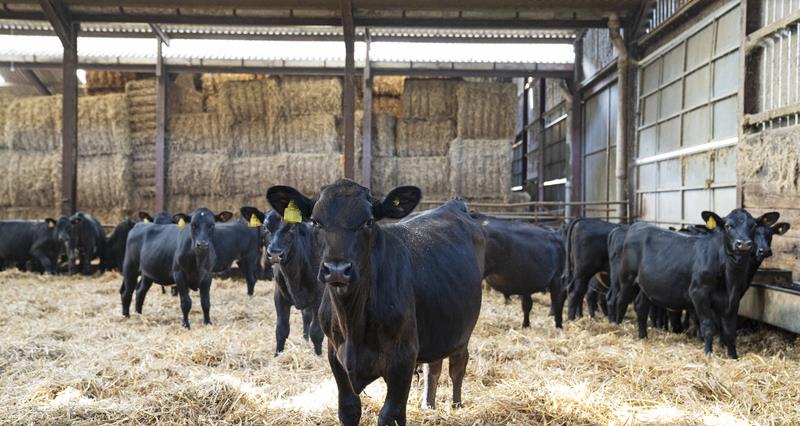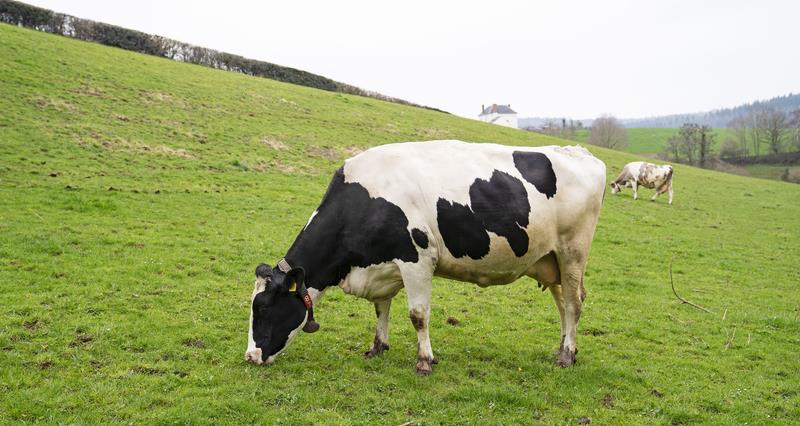Through the programme, government funded veterinary visits are available to all farms in Wales experiencing a TB breakdown, all farms in Wales where the TB breakdown has recently ended and farms due a contiguous test in the Intermediate TB Area North or Pennal cluster.
The current Cymorth TB Programme records good but lower than expected engagement and as a result, Welsh Government hope the findings of this review can improve the offering for farmers and vets whilst maintaining value for money.
Feedback
NFU Cymru has provided initial feedback to Welsh Government on the Programme informed by our TB Focus Group, which is made up of members from across Wales.
The NFU Cymru TB Focus Group is clear that the farmers own private vet should continue to deliver the programme as greater involvement of the private vet in managing and preventing a TB breakdown is crucial. In this respect, more could be done to differentiate the Programme from the Disease Investigation Visit (known as a Disease Report Form (DRF) visit) by an APHA.
Holistic approach
Cymorth TB visits often focus on the risk posed by wildlife. Whilst there are always improvements that can be made to biosecurity and this is a valuable discussion to have on farm, NFU Cymru pointed out that this focus on wildlife can be incredibly frustrating for farmers when they are unable to control this vector. NFU Cymru believes that in the future, Cymorth TB should take a holistic approach and should consider all aspects of disease control in the round.
Biosecurity is an important part of this, but it is not the only aspect and advice should focus on the areas where disease is most likely being transmitted. In this respect, if as part of the process vets were able to recommend proactive practical and cost-effective steps that farmers could take – on biosecurity or otherwise – it would also help all those involved to feel a sense of accountability as they do for other infectious diseases.
The disease picture is different across Wales and the needs of farmers in the traditionally low risk areas of North Wales are likely different to those in the hotspot areas of South West Wales. We therefore believe that the support and advice given during a Cymorth TB visit must reflect the local area and should be tailored to the individual farmer’s needs. To help support this, data about the TB breakdown and local area should be available to farmers own private vets. There should also be a discussion about the options available for managing a farm business under a TB breakdown.





